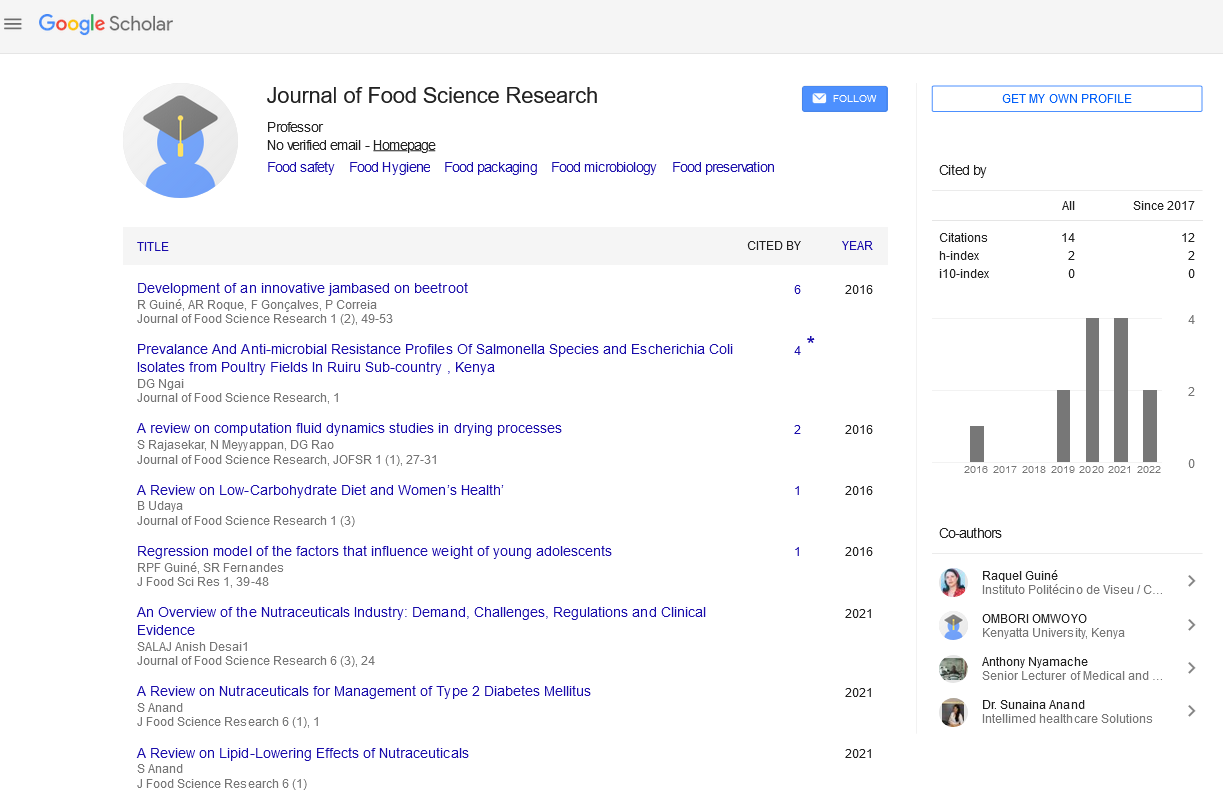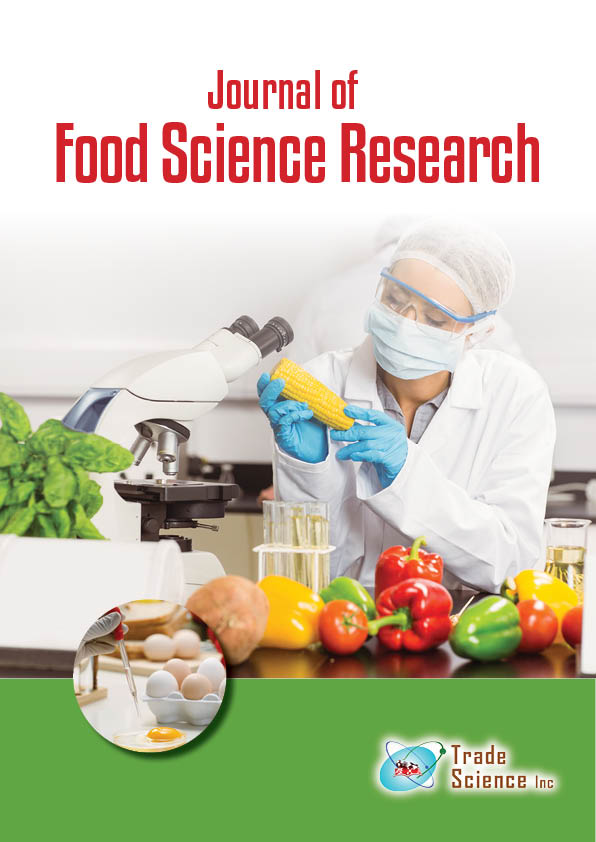Abstract
Counterfeits in food, dietary supplements and ingredients - A global issue quality and safety: A dire need today
Author(s): Mohammad KamilCounterfeit, poor quality or adulterated food and dietary supplements in international markets are serious safety threats. These fraudulent products can cause serious injury. The 1994 Dietary Supplement Health and Education Act (DSHEA) made dietary supplements a separate category of foods and established separate regulations for them. The act determined that the responsibility for the safety and efficacy of products and accuracy of health claims on labels rested solely on firms, not FDA. FDA has identified an emerging trend where over-the-counter herbal products, frequently represented as dietary supplements, contain undeclared /hidden active ingredients that could be harmful. The global dietary supplements industry was valued more than USD 96 billion in 2017 and it is expected to reach USD XX billion by 2023, at a CAGR of 6.9%, during the forecast period. The purpose of this talk is to describe the food and dietary supplement fraud i.e. deliberate substitution, addition, tampering or misrepresentation of ingredients or packaging about a product for economic gain, based on practical laboratory experiments and using authenticated plant samples and standard chemicals/medicines. Fraud involving foods and dietary supplements consist of substitution with cheap, less potent and spurious materials or diluting the valuable ingredient with an inexpensive one. Food items being used daily e.g. honey, olive oil, cranberry, pomegranate and spices particularly saffron and cinnamon also in chocolates, some of it has been found to contain PDE-5 inhibitors which may cause fatal side effects particularly with nitrates. Some estimates place the cost of food fraud globally as high as 10-15 billion dollars per year. Furthermore, quite a number of these dietary supplements-promoted mainly for weight loss, sexual enhancement, diabetes and bodybuilding-that are found to contain hidden or deceptively labeled ingredients, such as synthetic steroids, PDE-5 inhibitors or their analogs (closely-related drugs). These products look like dietary supplements but they do not qualify as dietary supplements/ingredients. Some of these products contain hidden prescription ingredients at levels much higher than those found in an approved drug product and are dangerous to public health

